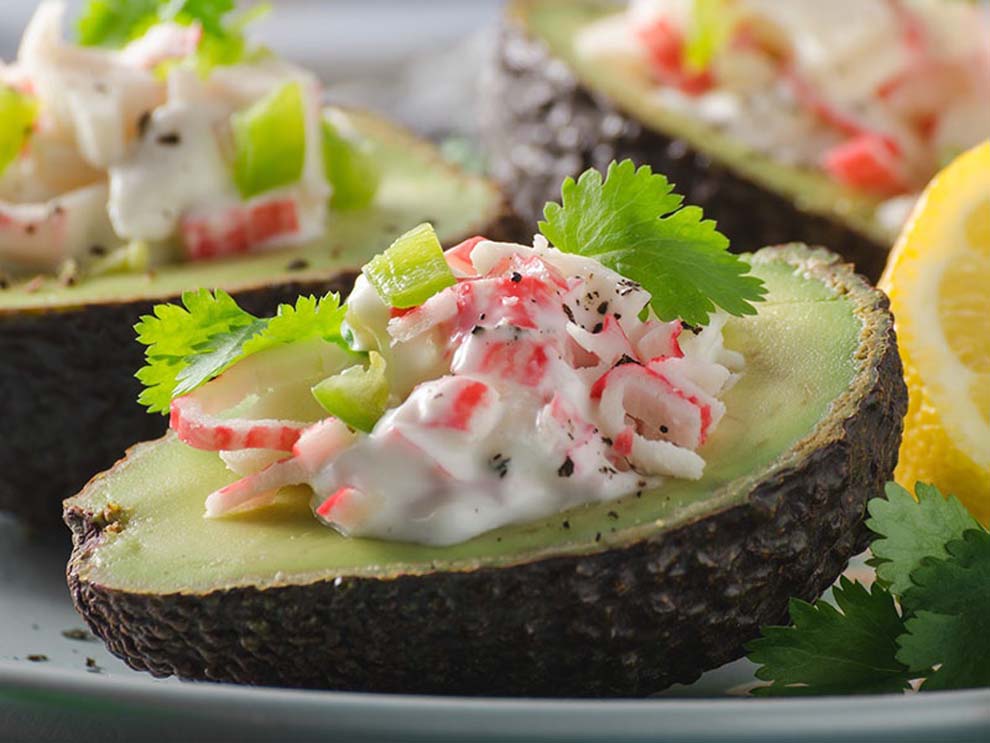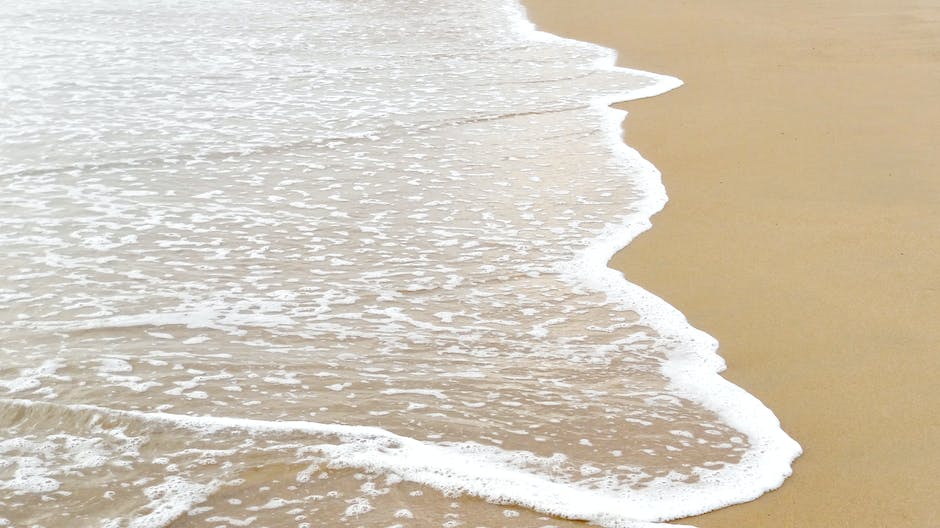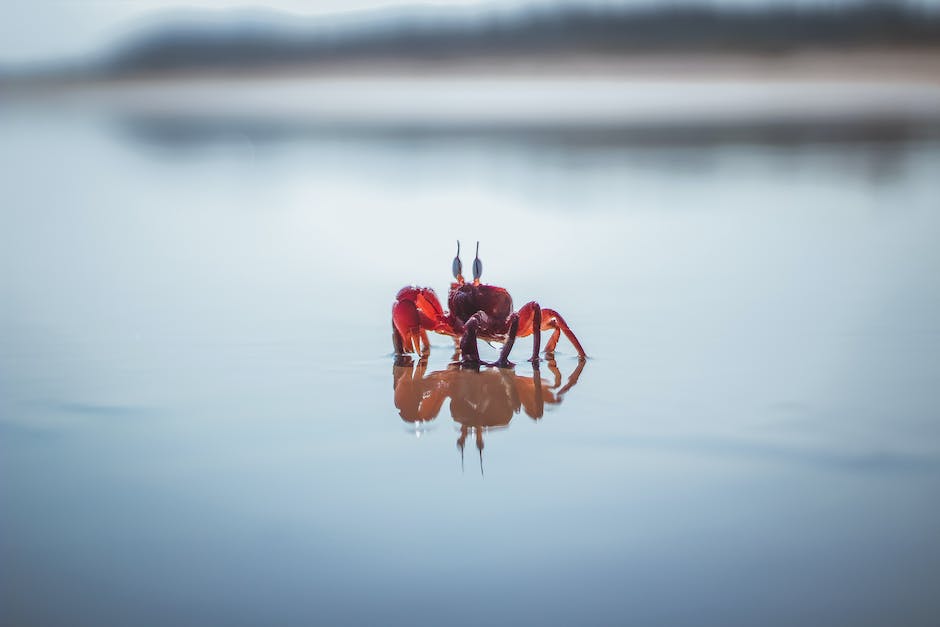
Crabs In Folklore: Exploring Cultural Significance And Mythologies
Crabs have been a part of human culture and mythology for centuries. These creatures have been featured in folklore and legends from all around the world, and their significance varies from culture to culture. In this blog post, we will explore the cultural significance and mythologies surrounding crabs.
In Chinese mythology, the crab is associated with the moon and is considered a symbol of yin energy. According to legend, a giant crab was sent by the gods to kill the hero Hou Yi, who had shot down nine of the ten suns that were scorching the earth. The crab was eventually defeated by Hou Yi's wife, Chang'e, who became the goddess of the moon. Today, the Chinese celebrate the Mid-Autumn Festival by eating mooncakes, which are often shaped like crabs.
In Hindu mythology, the crab is associated with the god Vishnu. According to legend, a demon named Hayagriva stole the Vedas, the sacred texts of Hinduism, and hid them in the depths of the ocean. Vishnu took the form of a giant crab and retrieved the Vedas from the demon. The crab is also associated with the goddess Kali, who is often depicted standing on a crab.
In Native American mythology, the crab is associated with the zodiac sign of Cancer. According to legend, the Great Spirit created the crab as a symbol of protection and defense. The crab is also associated with the element of water and is believed to have the power to purify and cleanse.
In Greek mythology, the crab is associated with the constellation of Cancer. According to legend, the crab was sent by Hera to distract Hercules during his battle with the Hydra. Hercules crushed the crab with his foot, and Hera placed the crab in the sky as a constellation.
In African mythology, the crab is associated with the trickster god Anansi. According to legend, Anansi the spider tricked the crab into trading his shell for a larger one, only to leave the crab stranded and vulnerable to predators. The crab is also associated with the element of earth and is believed to have the power to ground and stabilize.
In Japanese mythology, the crab is associated with the god Ebisu. According to legend, Ebisu was fishing when a giant crab dragged him into the sea. Ebisu was able to escape by using his fishing rod to hook the crab and pull himself to safety. Today, the Japanese celebrate the festival of Ebisu by eating crab.
Crabs have played a significant role in human culture and mythology for centuries. From Chinese mooncakes to Native American purification rituals, the crab has been a symbol of protection, defense, purification, and grounding. Whether you see the crab as a trickster or a hero, there is no denying its cultural significance and mythological importance.
Popular Blog Posts
Latest News
About our Website
Step right into Wild-Crab, where the crabby seas meet the kitchen. No matter if you're an avid crab hunter or a culinary connoisseur of crab delicacies, we've got your back. Our ambition is to spread the elation and thrill of crabbing to every kitchen and fishing boat out there.
Looking to excel in the fine art of crab hunting or create a mouth-watering crab cuisine in the comfort of your own kitchen? You're in luck! Our recipe compendium is specially crafted to cater to both seasoned crabbers and culinary rookies. Our detailed instructions are easy to follow and designed to propel your crabbing prowess to new heights, whether you're standing on the sandy shores or stirring up a culinary masterpiece in the kitchen.
Resources
Quote of the Day
"If an architect makes a mistake, he grows ivy to cover it. If a doctor makes a mistake, he covers it with soil. If a cook makes a mistake, he covers it with some sauce and says it is a new recipe."
– Paul Bocuse




